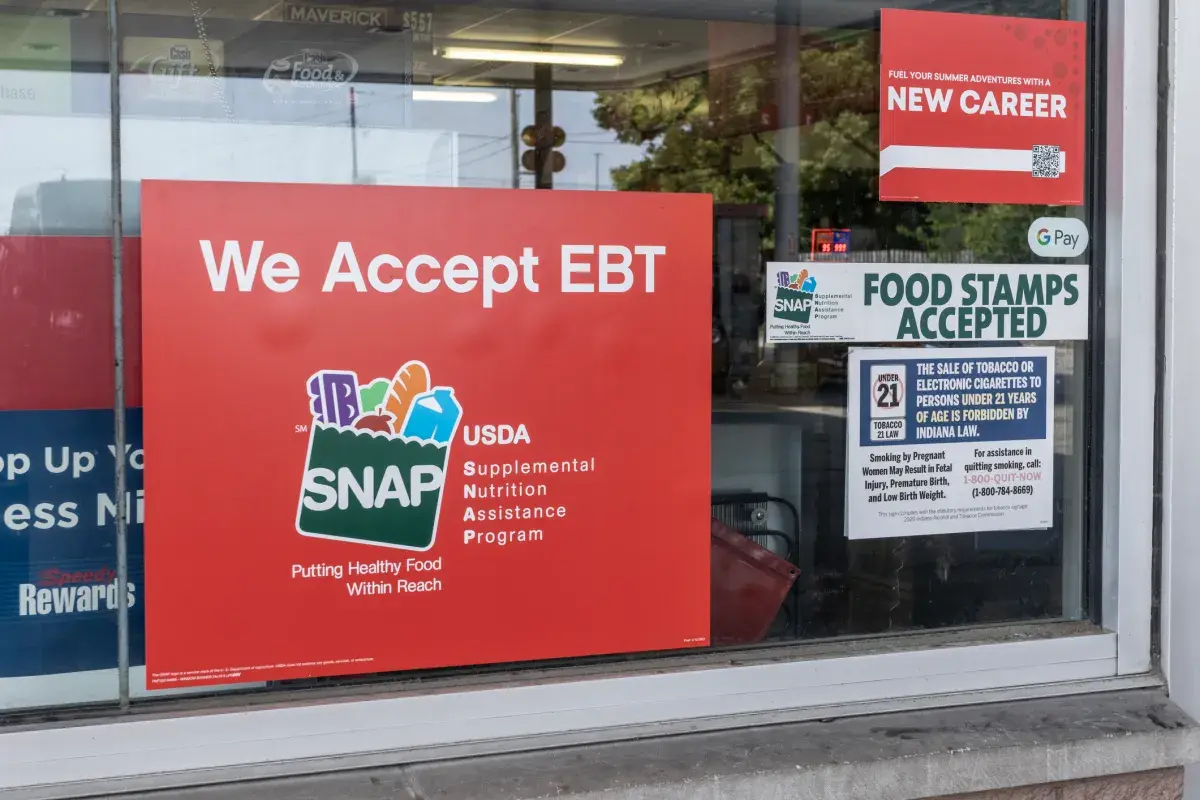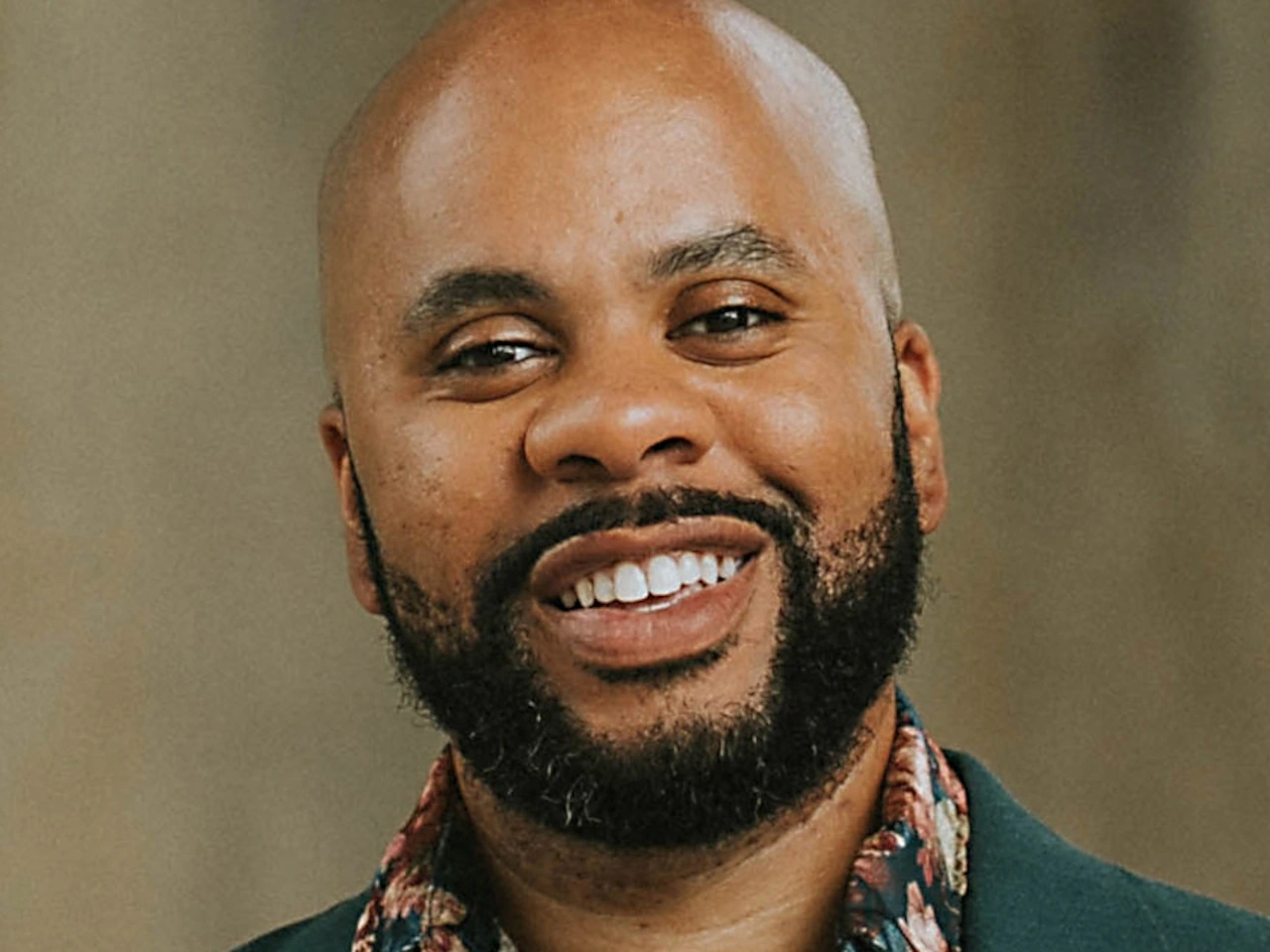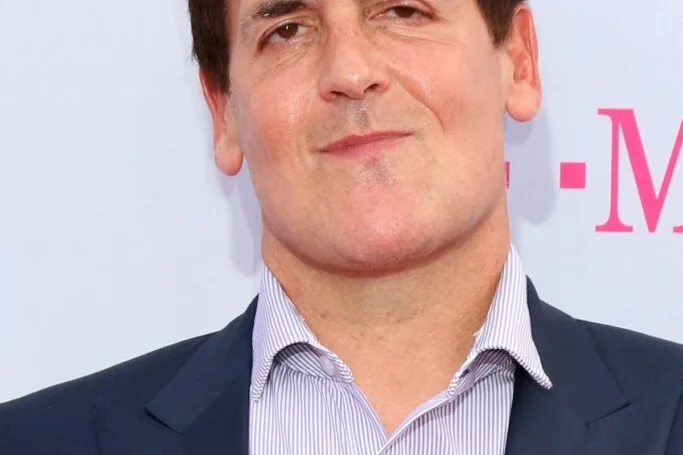Copyright Newsweek

A potential delay in the delivery of November Supplemental Nutrition Assistance Program (SNAP) benefits could impact nearly 3 million food stamp beneficiaries in Florida, state officials have warned. Why It Matters SNAP helps some 42 million low- and no-income Americans afford groceries. Benefits are paid for by the federal government and administered by states. The federal fiscal year ended on October 1 without a budget or temporary funding measure from Congress, forcing most government agencies and operations to shut down. Although SNAP is a mandatory program, its funding still depends on congressional approval. If lawmakers fail to pass a budget or continuing resolution, the U.S. Department of Agriculture (USDA) could lose the authority or funds needed to continue issuing benefits beyond what has already been appropriated. How Does SNAP Issuance Work? Typically, states submit information on eligible households’ SNAP benefits to their Electronic Benefits Transfer (EBT) vendors every month. However, the USDA has instructed states to hold off on sending that data "until further notice," according to a letter sent to state agencies from Ronald Ward, the acting associate administrator of SNAP. "As stated in our lapse of appropriation correspondence dated October 1, 2025, SNAP has funding available for benefits and operations through the month of October," Ward wrote in the letter, which was sent to Newsweek. State Warnings Florida's Department of Children and Families (DCF) has confirmed that benefits for November are unlikely to be paid on time for the Sunshine State's 2.9 million SNAP recipients if the government shutdown persists. “If the federal government shutdown continues into November, SNAP benefits for November will not be issued until the federal funding is restored,” DCF spokeswoman Anna Archambault told Florida newspaper the Herald-Tribune. Florida joins a throng of other states that have issued similar warnings. In California, benefits will be delayed if the government shutdown continues past October 23, according to a memo from the state's Department of Social Services. Roughly 5.5 million Californians rely on CalFresh, which is California’s version of SNAP. Minnesota, Wisconsin, and North Carolina all gave similar warnings last week. In Georgia, where around 1.4 million people rely on SNAP, a food bank has warned of "significant" disruptions if the shutdown is not resolved soon. "If the shutdown extends into November, there could be significant disruptions to SNAP and other federal programs that would also require families who rely on those programs to seek help from us," Kyle Waide, president and CEO of the Atlanta Community Food Bank, told Newsweek. He said it is likely their food banks will likely see a surge in demand if November benefits are not paid on time. What People Are Saying Agriculture Secretary Brooke Rollins said on X on October 17: "Because of the Democrat shutdown, there are not enough funds to provide SNAP for 40 million Americans come Nov 1. Democrats are putting free health care for illegal aliens and their political agenda ahead of food security for American families. Shameful." California Governor Gavin Newsom said on Wednesday: "[President Donald] Trump’s failure to open the federal government is now endangering people’s lives and making basic needs like food more expensive—just as the holidays arrive. It is long past time for Republicans in Congress to grow a spine, stand up to Trump, and deliver for the American people.” The Food Action and Research Center said in a blog post: "If USDA fails to instruct states to transmit the necessary electronic files on time, November SNAP benefits could be delayed or interrupted entirely. Each state operates on its own internal processing schedule to ensure the timely issuance of benefits. If a state misses its deadline to begin that process, delays are almost inevitable, leaving households without access to the food assistance they rely on." What Happens Next Despite the very real threat to SNAP recipients, Democratic and Republican lawmakers are continuing the stalemate that has shut down the government for the past 22 days. Trump has blamed Democrats for the continuing shutdown, calling them “obstructionists” for not passing a funding bill. Democrats have blamed Republicans for refusing to negotiate a spending agreement that would extend the expiring enhanced Obamacare premium subsidies.



